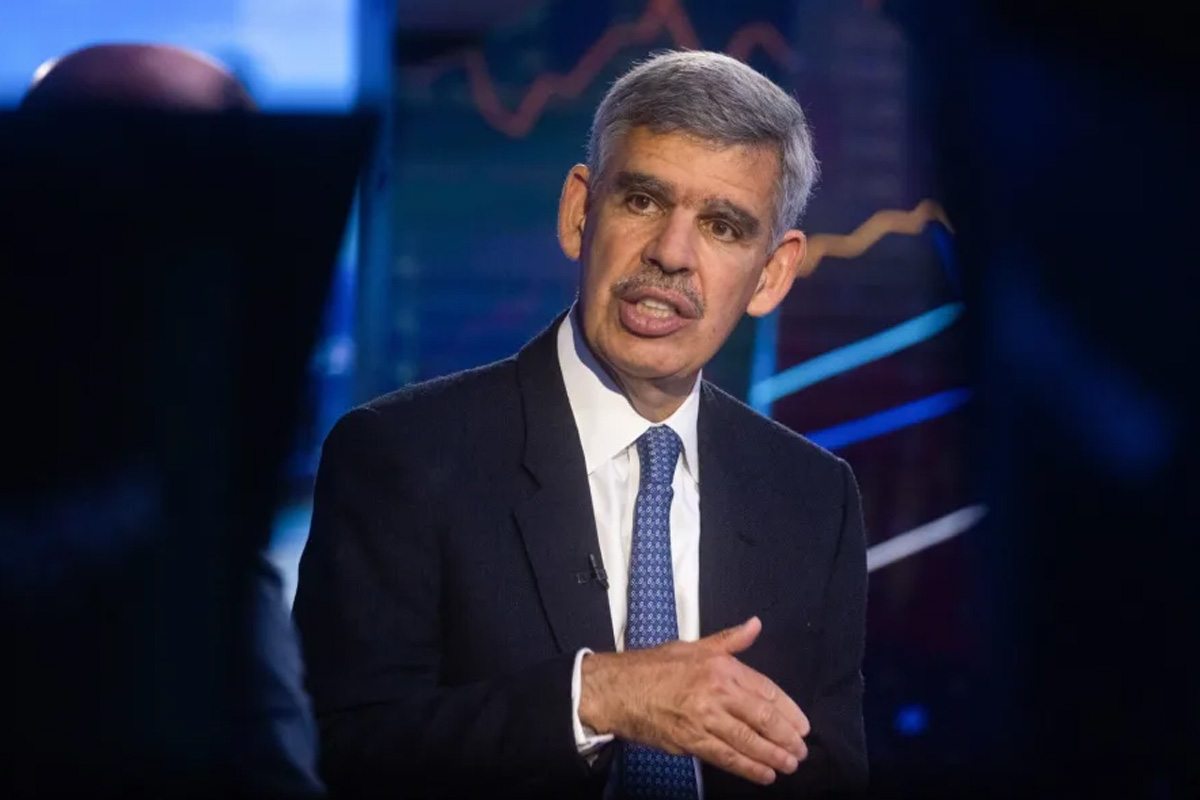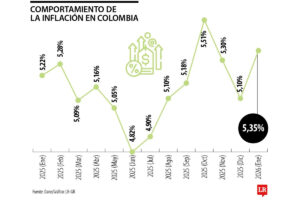Federal Reserve policy makers risk slamming the brakes too hard on the economy by reacting aggressively to each data point that comes in, said Mohamed El-Erian, the chief economic adviser at Allianz SE. They should, he said, establish a longer-term vision for where interest-rate policy is heading.
“You cannot drive a car without some understanding of what the road ahead looks like. You can’t just look at the rear-view mirror and try to adjust to every curve you just had,” El-Erian, who’s also a Bloomberg Opinion columnist, said on Bloomberg Television Friday.
“That is not how you drive policy and it’s certainly not how you drive policy when the impact of policy happens with a lag,” he said. “This is the first Fed I know that has not gotten it.”
His comments come a day after Fed Chair Jerome Powell delivered a speech at the Economic Club of New York Thursday, followed by a fireside chat with Bloomberg’s David Westin. Powell suggested that the Fed is inclined to hold interest rates steady yet again at its Oct. 31 to Nov. 1 meeting while leaving the possibility of another hike open in case of further signs of resilient economic growth.
Read more: Powell Signals Fed to Stay on Hold and Keep Future Hike on Table
El-Erian also said that risks of over-tightening monetary policy to get inflation down to 2% are real and that he hopes the Fed keeps its benchmark interest rate unchanged the rest of the year for the sake of economic stability.
“There is a risk that if we try to get to 2% too quickly, we are going to break something in the economy,” El-Erian said. “They need to pivot from excessive data dependence to data dependence that has a greater forward-looking component. That was what I was hoping to happen this week and it hasn’t happened.”
Treasury 10-year yields approached 5% Thursday, while two-year rates — more sensitive to imminent Fed moves — fell after Powell said the central bank will proceed carefully with rate hikes and cited evidence that policy isn’t “too tight.” Treasury yields are declining in US trading Friday.
“It just shows you that right now, it’s very hard to strike the right balance when you are talking about monetary policy. So it’s good they are going quiet because that is a source of instability,” El-Erian said, referring to the Fed’s blackout period — where officials are barred from making public comments on the economy or policy outlook — ahead of its next meeting.
Read more: El-Erian Says Wild Bond Market Volatility Shows Loss of Anchors
Apart from Powell, several other Fed speakers also appeared at various events Thursday.
“But fundamentally, we need them to stabilize the bond market. The bond market is critical for other markets, for the housing market, for the economy,” El-Erian said. “We are not going to get stabilizers from the technical side and we are not going to get stabilizers from the economic side, so we desperately need stabilizers from the policy side.”







